Shedding Light on Bladder Cancer in Nigeria
Introduction
As we mark Bladder Cancer Awareness Month this May, it’s crucial to shed light on this often overlooked but significant health concern. Bladder cancer, while not as widely discussed as some other cancers, is a serious condition that affects individuals worldwide, including here in Nigeria.
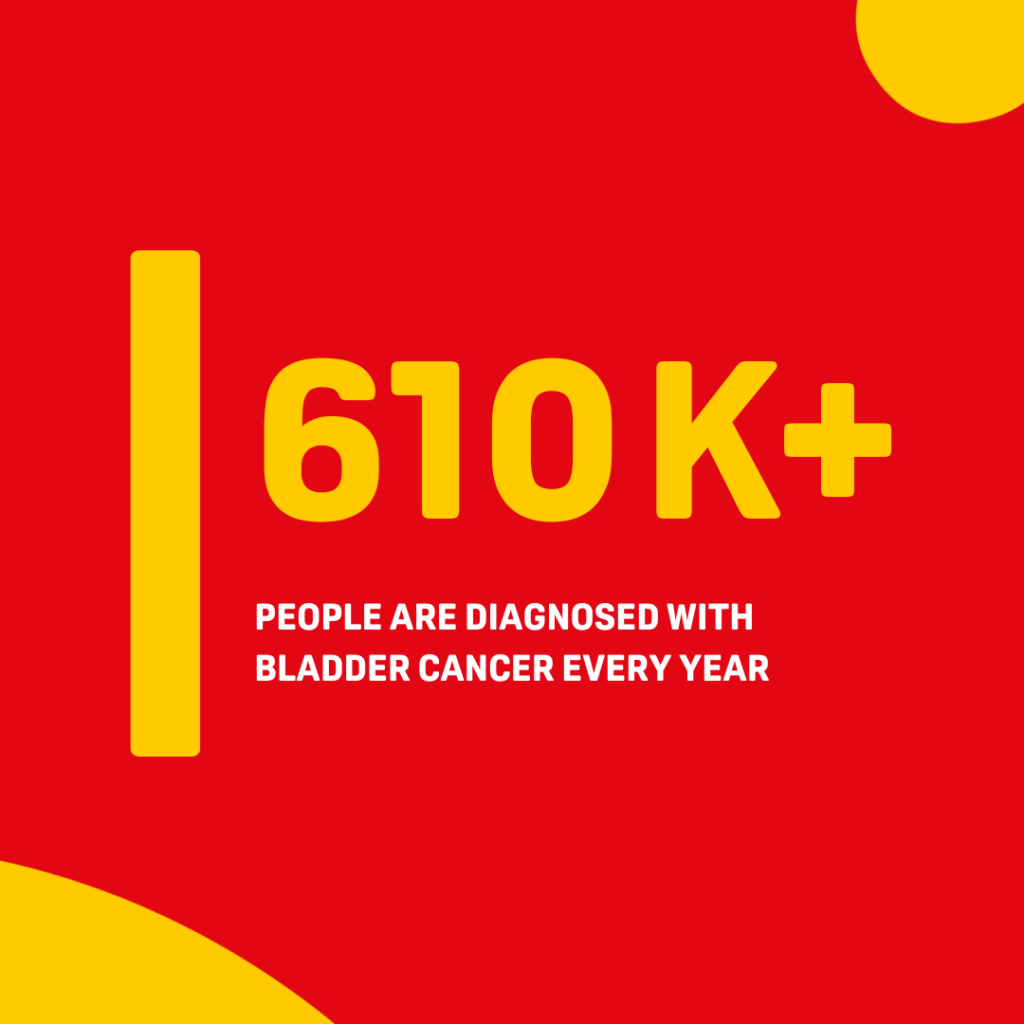
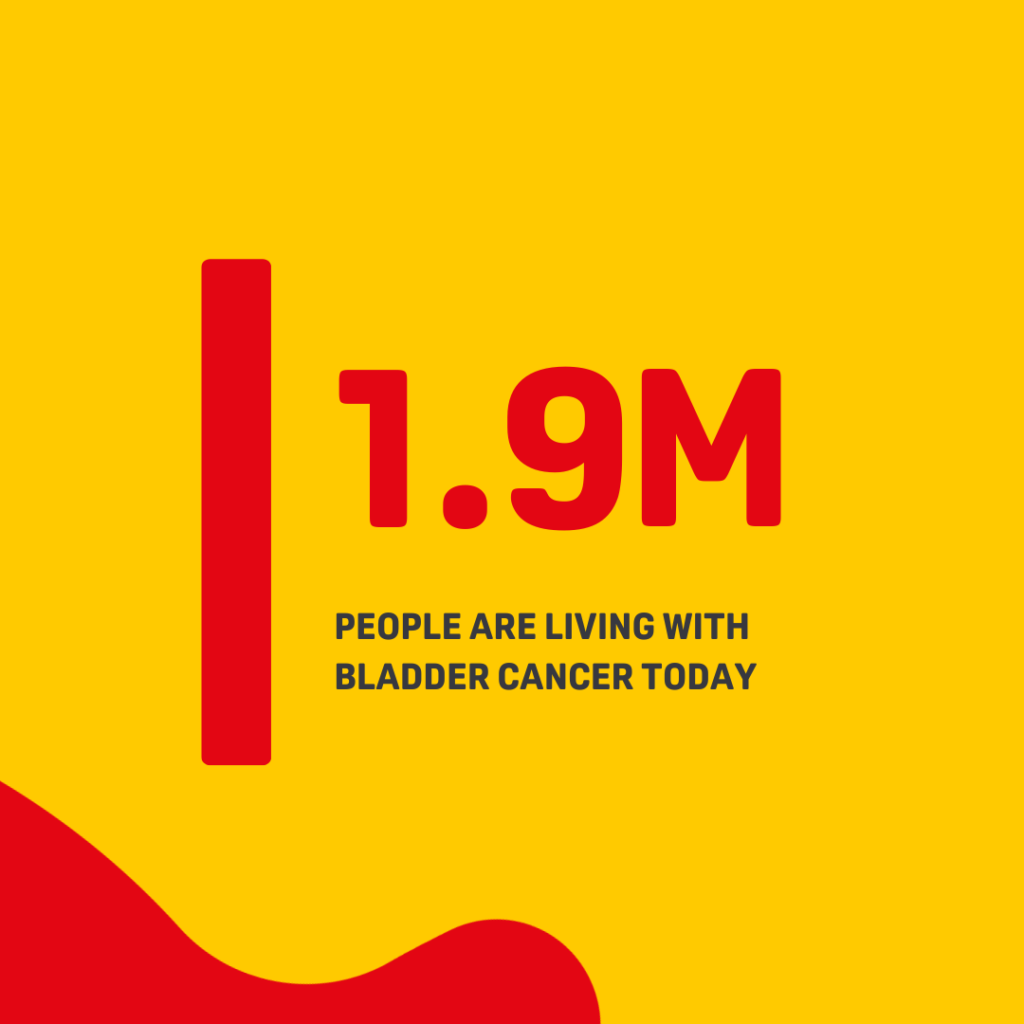
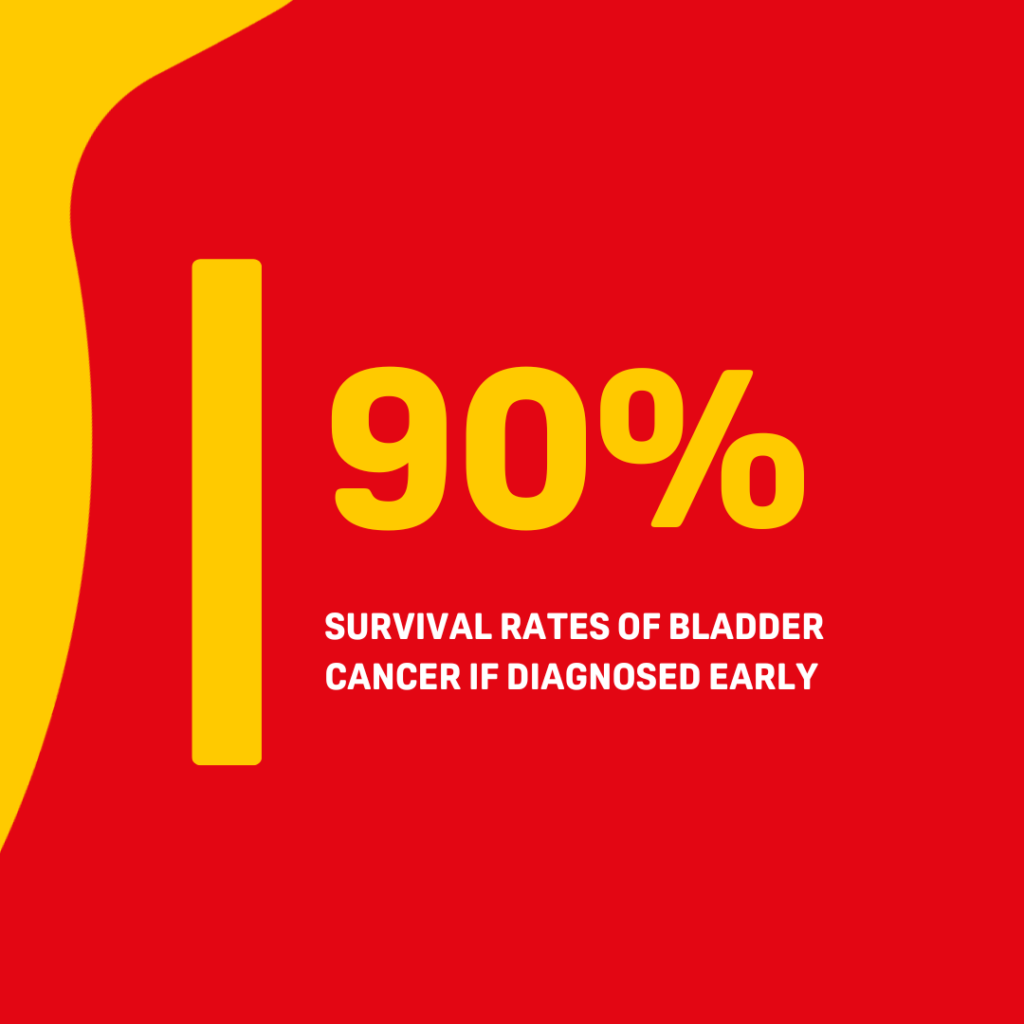
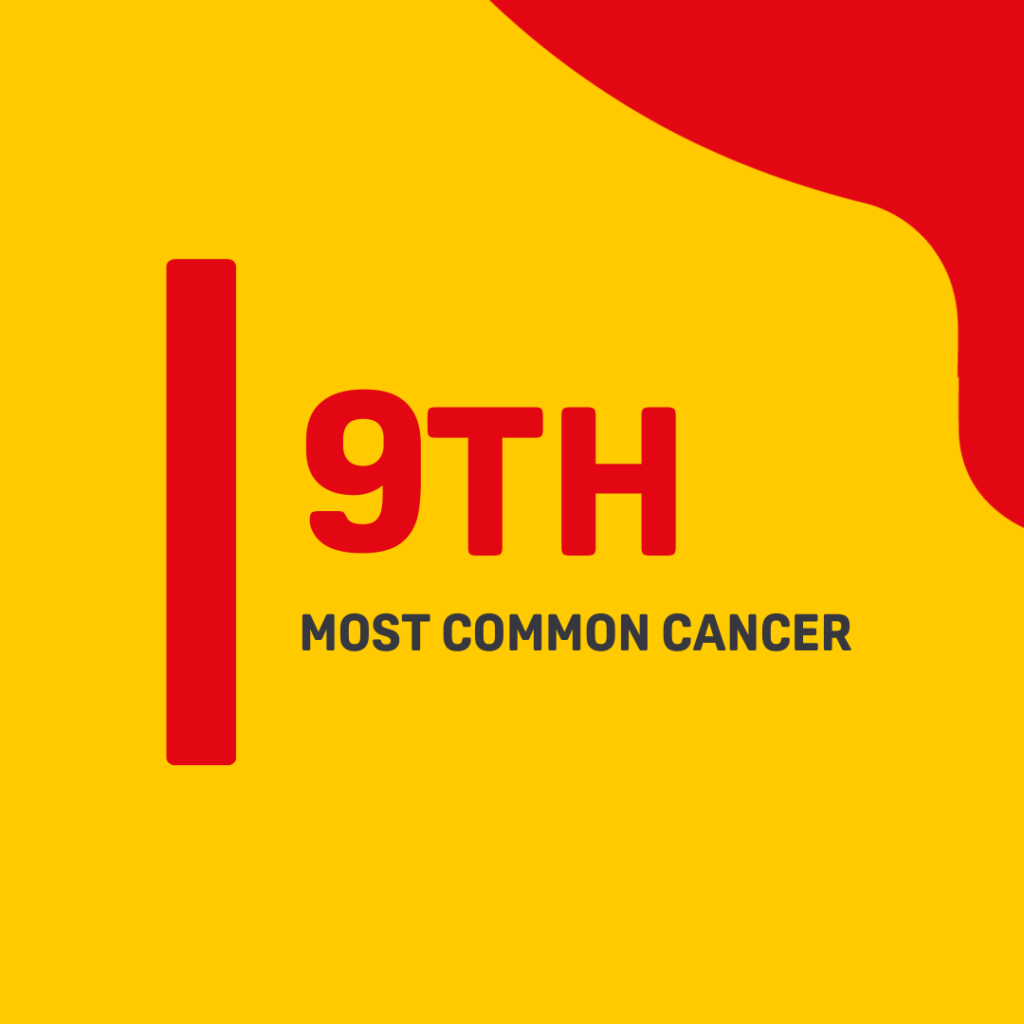
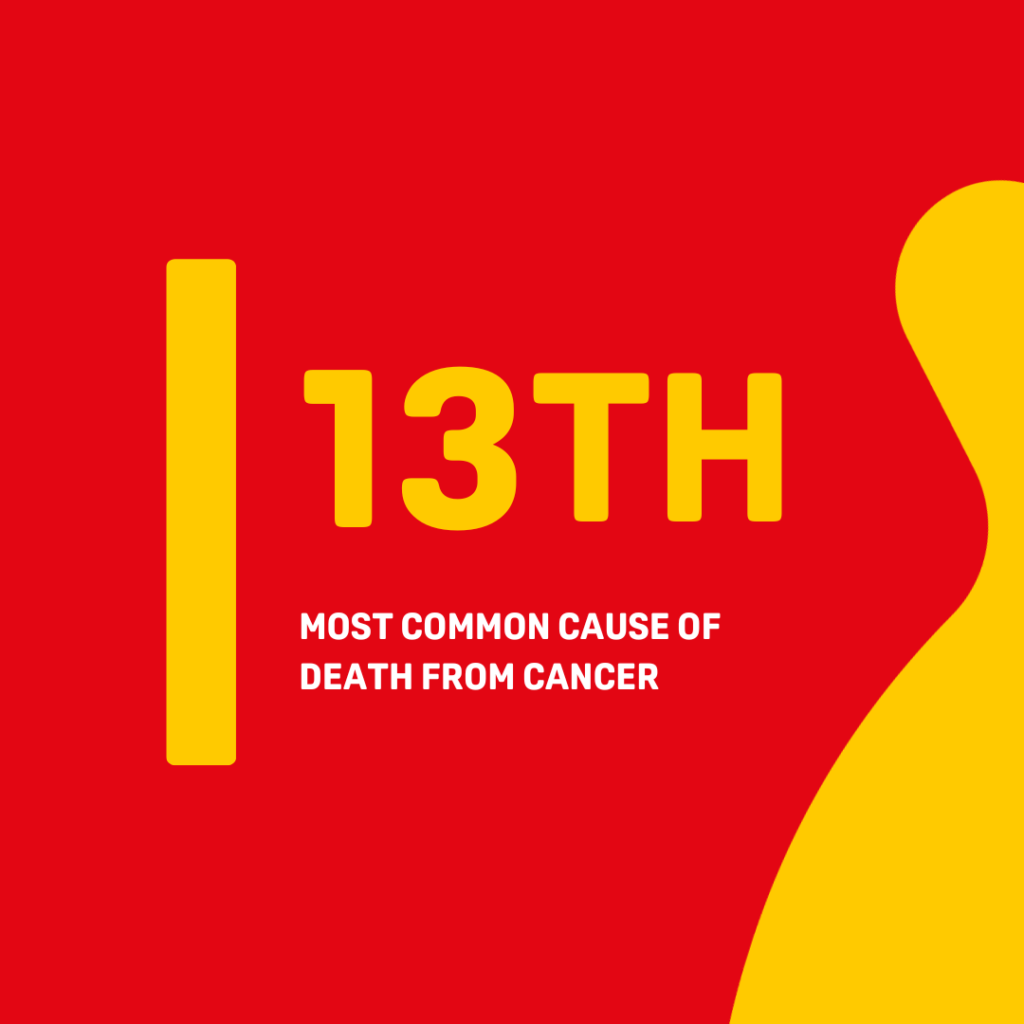
In this article, we’ll delve into the basics of bladder cancer, its risk factors, symptoms, diagnosis, treatment options, and most importantly, how we can raise awareness and take preventive measures to combat this disease in Nigeria.
Understanding Bladder Cancer
These include:

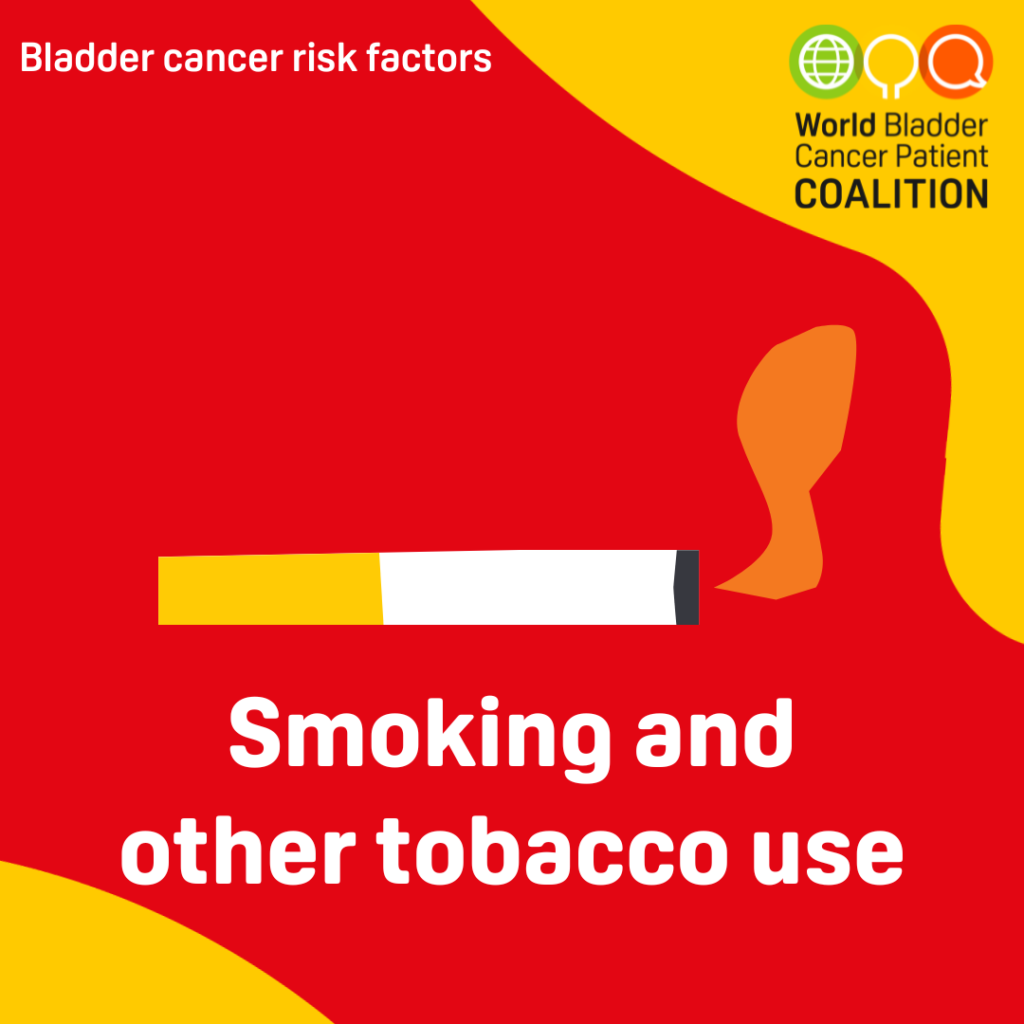
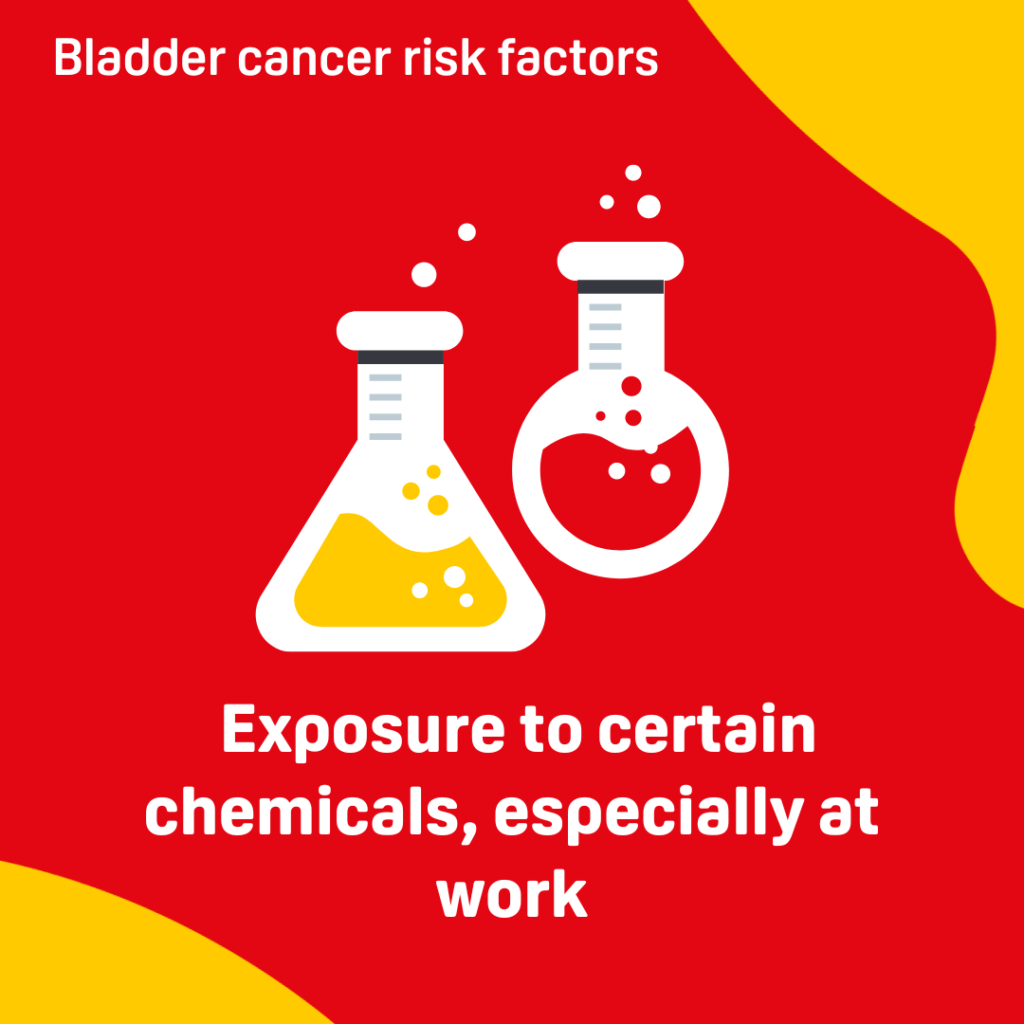
- Cigarette smoking.
- Use of tobacco products.
- Exposure to certain chemicals.
- Advanced age
- Chronic bladder infections, and
- A family history of bladder cancer.
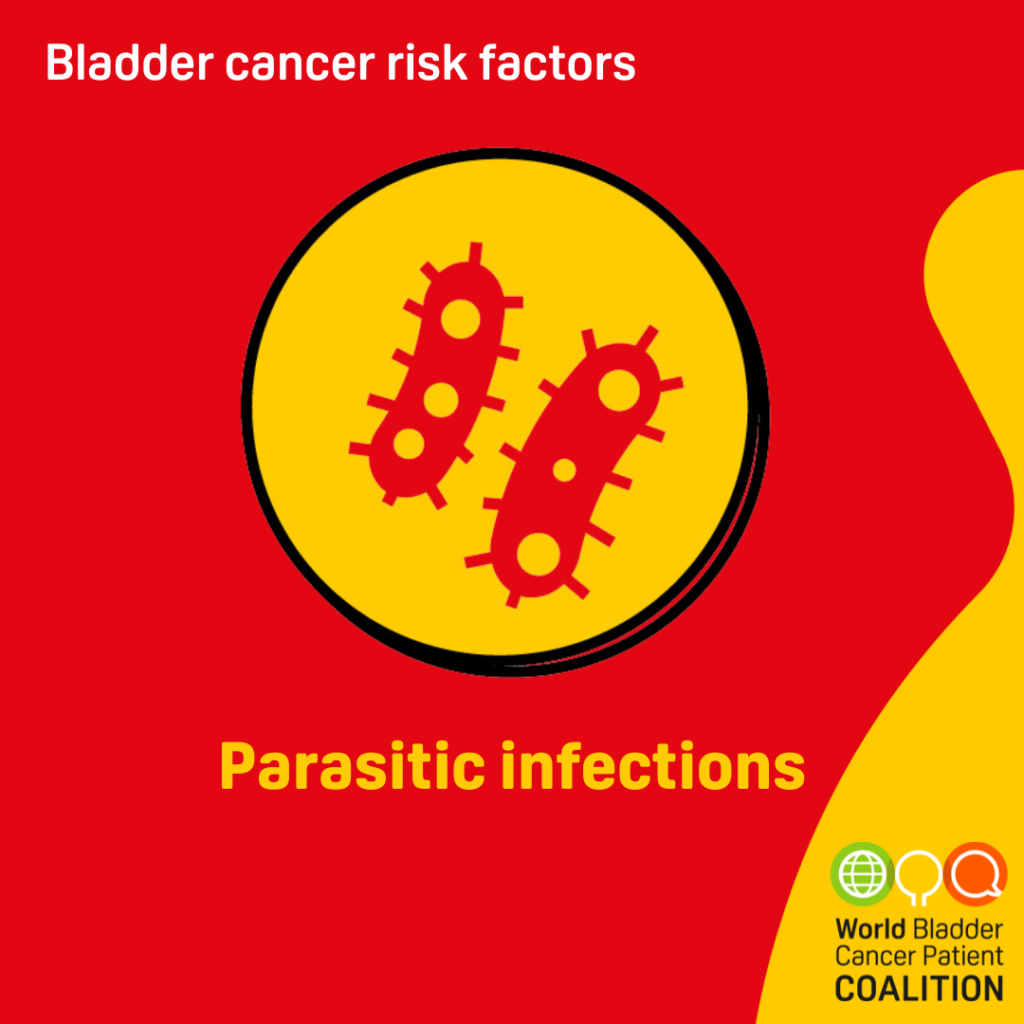
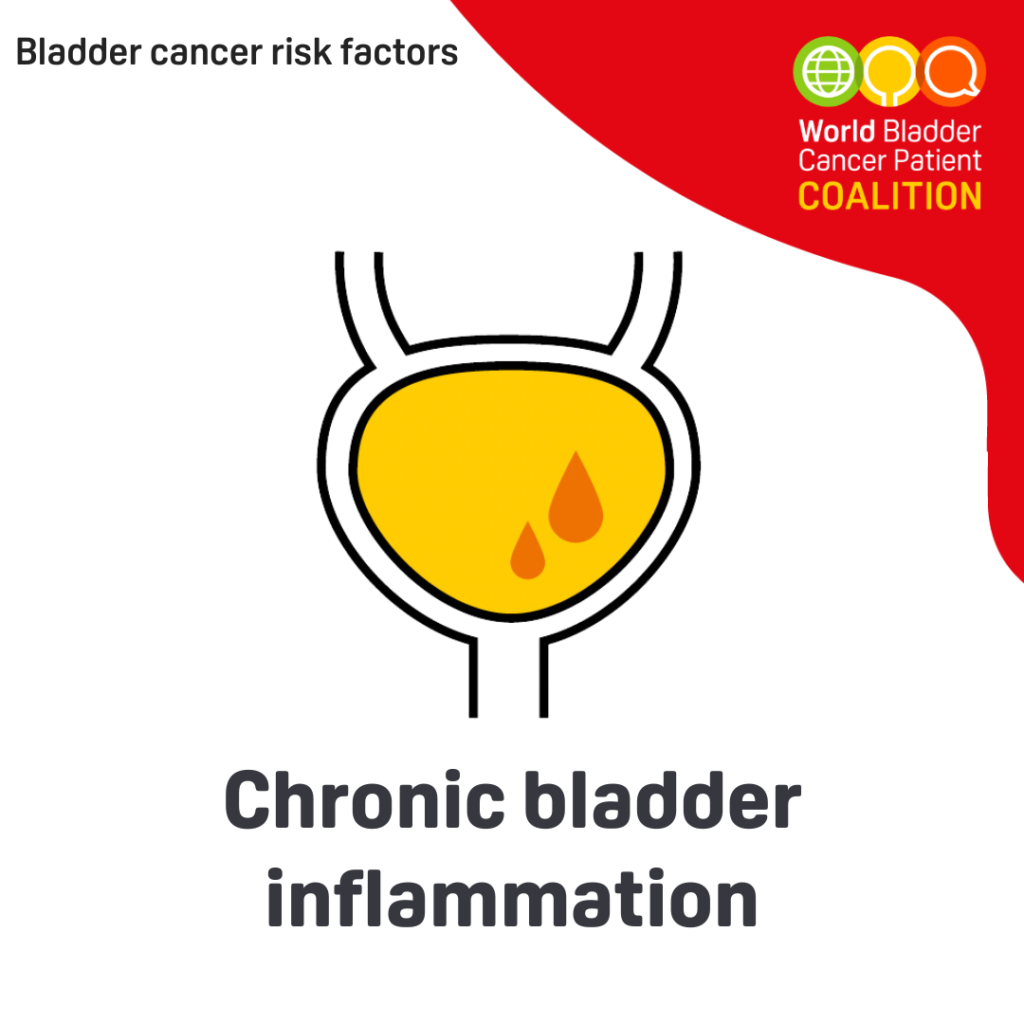
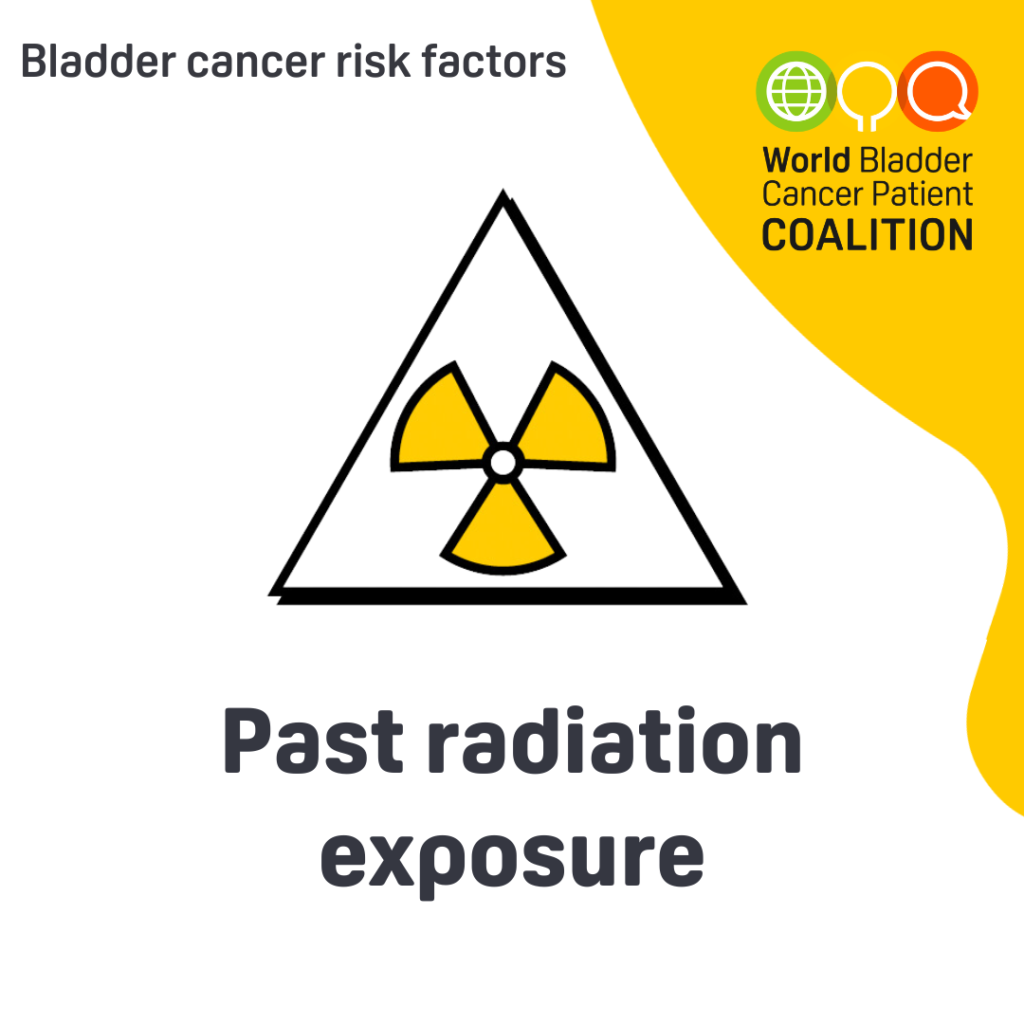
Raising Awareness
Raising awareness about bladder cancer is crucial for early detection and improved outcomes. Unfortunately, many Nigerians may not be familiar with the symptoms of bladder cancer or may delay seeking medical attention due to lack of awareness. By spreading information about the signs and symptoms of bladder cancer, we can empower individuals to recognize potential warning signs and seek prompt medical evaluation.

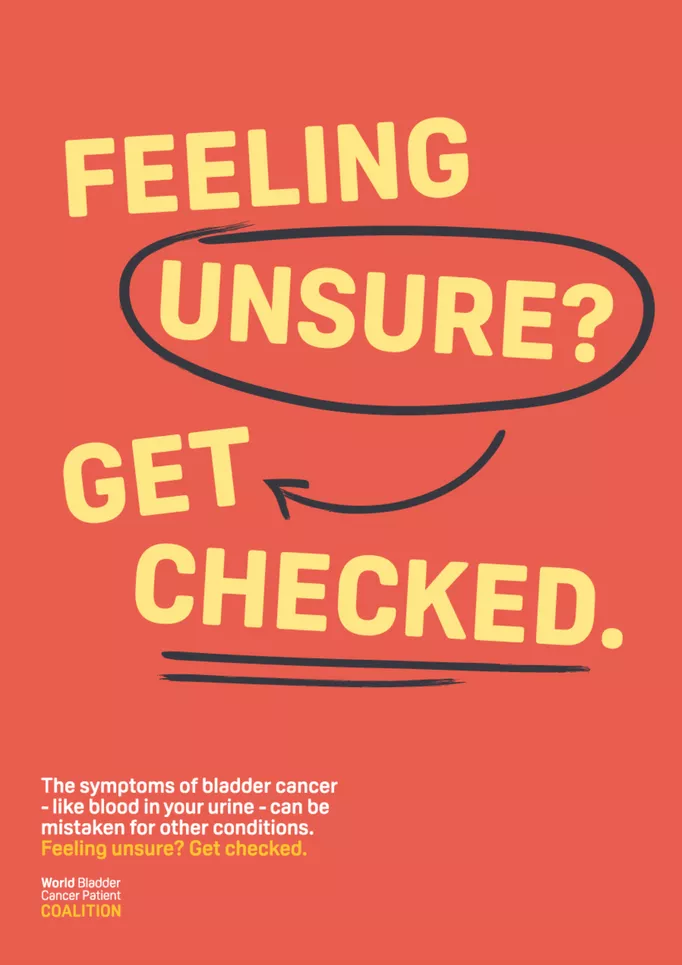

Symptoms and Diagnosis
Common symptoms of bladder cancer include:
- blood in the urine (hematuria).
- frequent urination.
- pain or burning sensation during urination, and
- lower back or pelvic pain.
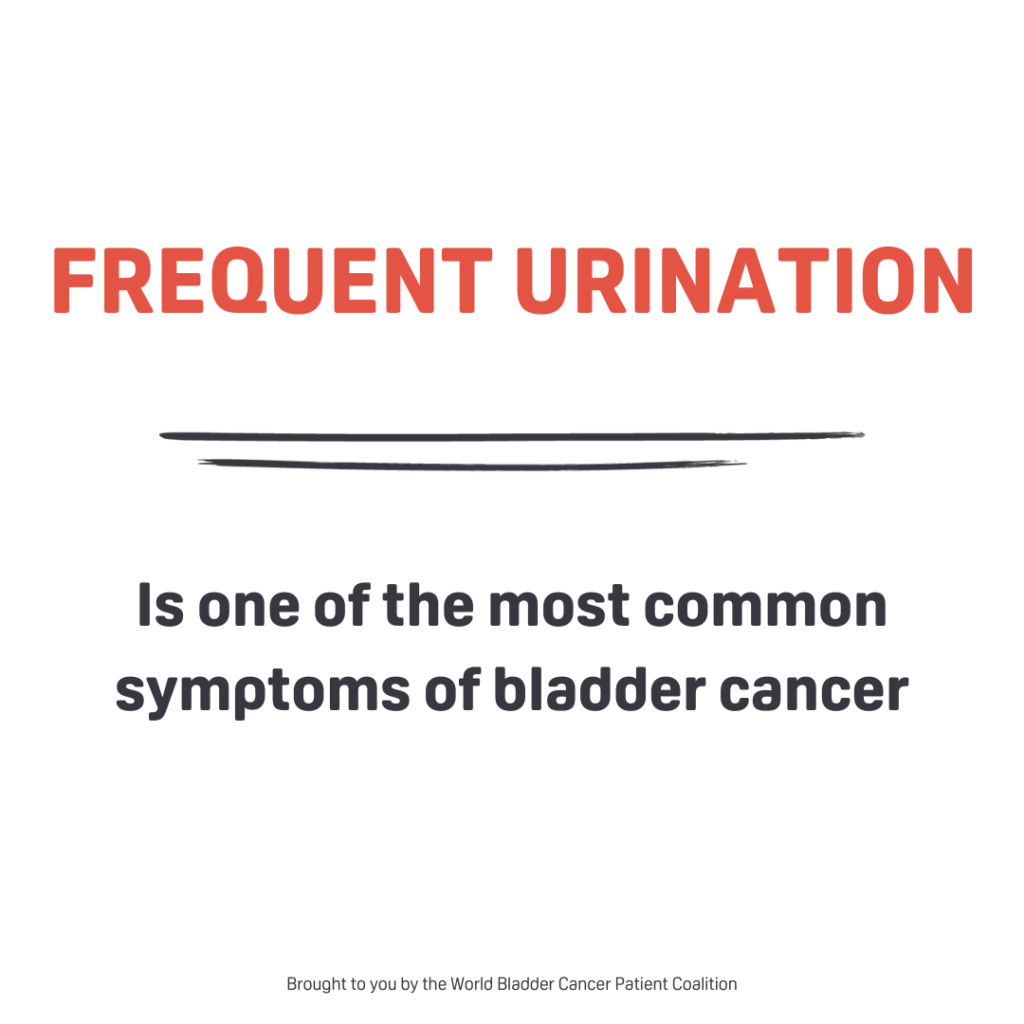

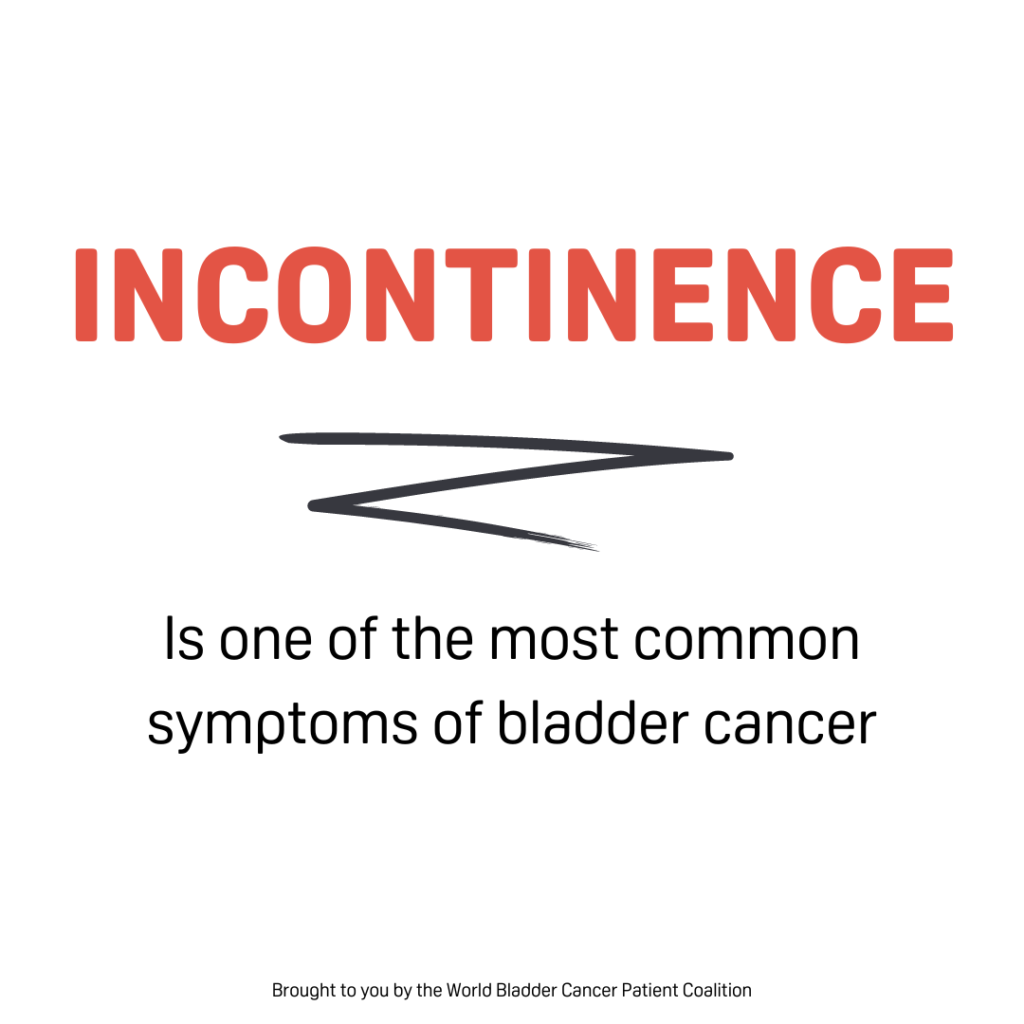
If you experience any of these symptoms, it’s essential to consult a healthcare professional for evaluation. Diagnosis typically involves a combination of medical history review, physical examination, urine tests, imaging/radiological studies, and cystoscopy (a procedure to examine the inside of the bladder).
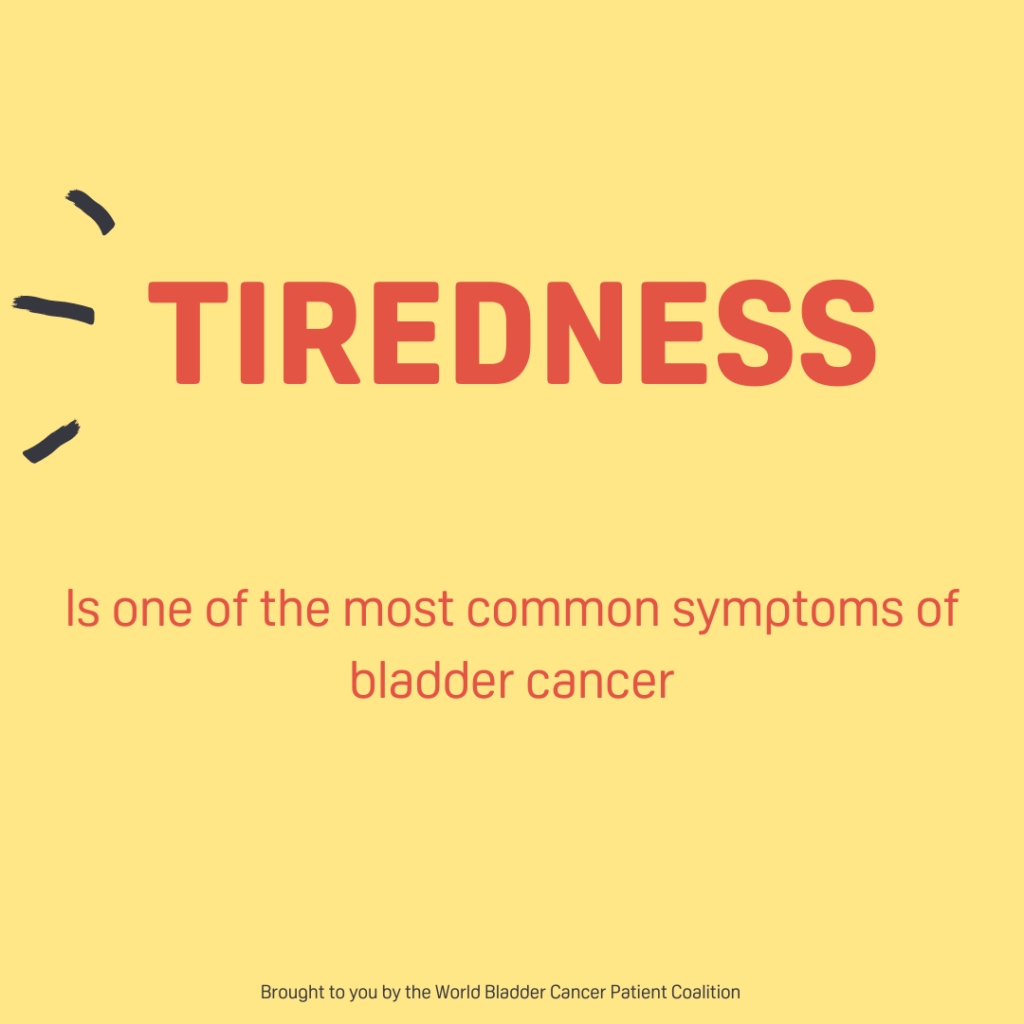

Treatment Options
Treatment for bladder cancer depends on several factors, including the stage and grade of the cancer, as well as the individual’s overall health and preferences.
Options may include:
- Surgery to remove the tumor or the entire bladder (radical cystectomy).
- Chemotherapy.
- Immunotherapy, and
- Radiation therapy.
Your healthcare team will work with you to develop a personalized treatment plan tailored to your specific needs.
Preventive Measures
While not all cases of bladder cancer are preventable, there are steps individuals can take to reduce their risk. These essential preventive measures include;
- Quitting smoking.
- Maintaining a healthy body weight.
- Staying hydrated by drinking plenty of water, and
- Avoiding exposure to harmful chemicals.
- Additionally, attending regular check-ups and screenings can aid in early detection and treatment if bladder cancer does develop.
Conclusion
As we observe Bladder Cancer Awareness Month in Nigeria, let’s come together to raise awareness, promote early detection, and support individuals affected by this disease. By educating ourselves and our communities about bladder cancer, advocating for preventive measures, and supporting ongoing research efforts, we can work towards reducing the burden of bladder cancer and improving outcomes for all Nigerians. Together, we can make a difference in the fight against bladder cancer.
This month of May, the Blue-Pink Center for Women’s Health, in collaboration with the World Bladder Cancer Patients Coalition (WBCPC), led the campaign against bladder cancer in Nigeria under the banner BladderAlert Naija: Igniting Change, Inspiring Hope.
Some fun things to do; join our “Spot the drop” game https://spot.worldbladdercancer.org/ and also make a Twibborn for yourself to promote the awareness https://twibbon.com/Support/bladder-cancer-month-2024
Remember, early detection saves lives. Together, let’s make a difference in the fight against bladder cancer in Nigeria. For further enquiries, please reach out to us on info@bluepinkcenter.org

0 Comments